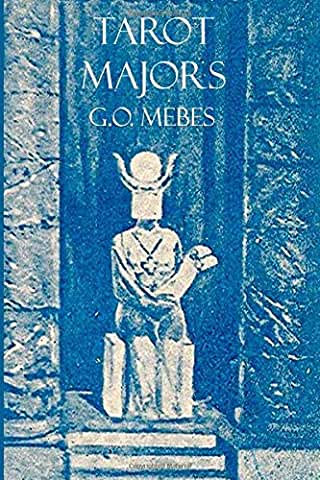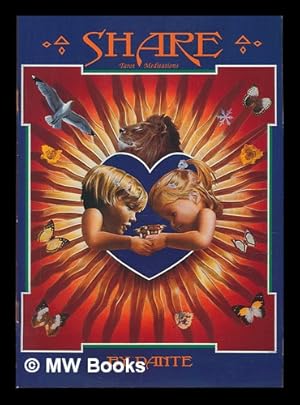



when it is a matter of a vocation which demands an attitude entirely free of all prejudice, as is the case with the vocations of priest, doctor and judge. Because the awakened memory is not always beneficial it is often a burden. When, for example, a person has a vocation which demands a maximum of concentration in the present, he may renounce all spiritual memories of the past. But those who arc certain should know that ignorance of reincarnation often has very profound and even sublime reasons associated with the vocation of the person in question. either one has certainty about it or else one does not. Just as one does not make propaganda for or against the fact that we sleep at night and wake up anew each morning -for this is a matter of experience -so is the fact that we die and are born anew a matter of experience, i.e. For the Hermeticist it is a fact which is either known through experience or ignored. In Hermeticism no one would dream of putting forward a case in order to persuade, or even to dissuade, people of the truth of the ‘ eincarnationist theory’. This eclectic quality distinguishing Meditations on the Tarot simultaneously reflects modernity's religious and intellectual fragmentation and traditional esotericism's tendency towards syncretism.“ Reincarnation is in no way a theory which one has to believe or not believe. To highlight the connection between these sources and Tomberg's work, I have compared elements of Tomberg's cosmology with central ideas from each. These influences are the nineteenth-century French occult tradition, epitomized in the work of the French tarot theorist Eliphas Levi (1810- 1875), Rudolf Steiner"s (1861-1925) esoteric movement of Anthroposophy, and a curious Roman Catholic/Eastern Orthodox/Russian mystical blend, which alternately conforms to and diverges_from standard Catholic doctrine.

However, three intellectual sources for Meditations on the Tarot are particularly salient. In his key work, Tomberg draws spiritual insights from a variety of Eastern and Western sources and fuses them into a larger Hermetic/Christian cosmology. The present study is a textual analysis of Meditations on the Tarot: A Journey into Christian Hermeticism (1972), a significant work of twentieth-century Western esotericism written by the Russian-born, apostate Anthroposophist Valentin Tomberg (1900-1973).


 0 kommentar(er)
0 kommentar(er)
